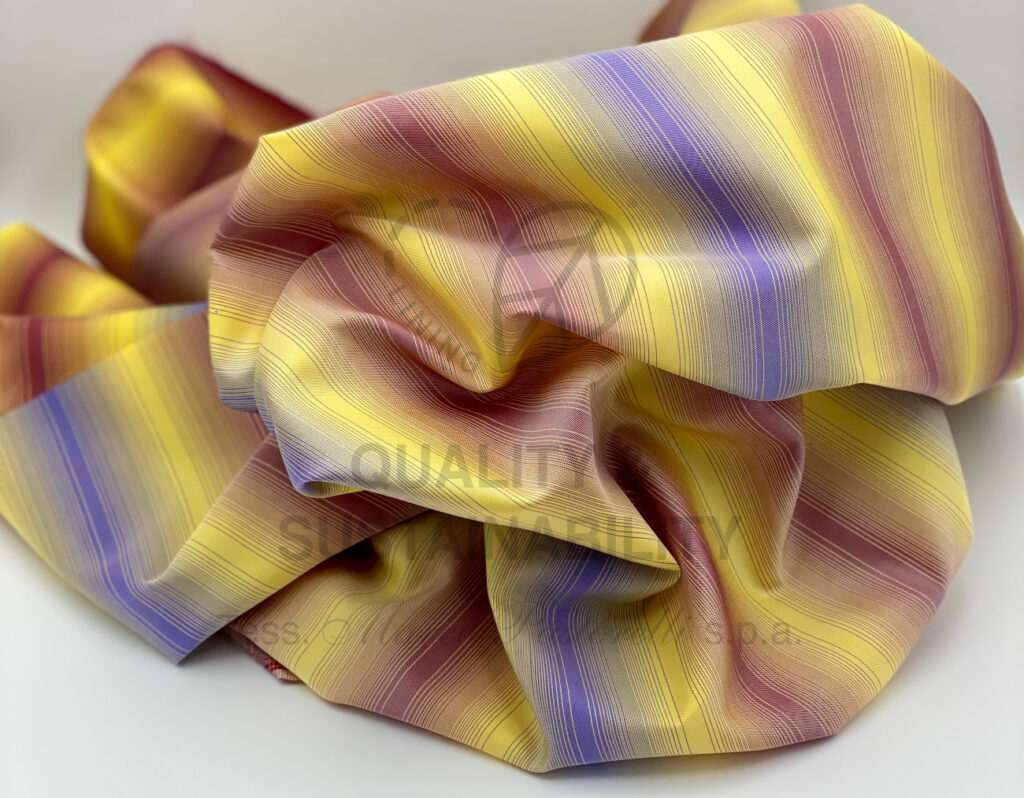10 Questions with Tessitura Pastorelli
As part of Bsamply’s 10 Questions With interview series, we sat down with Roberta, Patrizia, Piermarco, Alfonso and Andrea Pastorelli, grandchildren of the company's founders and now managing the company, to learn more about their story and the evolution of their business over the years.
Italian craftsmanship, environmental consciousness, and a rich textile tradition converge in the story of Tessitura Marco Pastorelli SPA. Founded in the late 1940s by the visionary Pastorelli brothers, Carlo and Marco, this family-run textile manufacturer has woven a legacy that spans four generations. Over the years, they have evolved into a trusted name in the world of high-quality clothing linings and fabrics.
With a commitment to sustainability, Tessitura Marco Pastorelli SPA has embraced certifications like Oekotex Standard 100, RCS, GOTS, FSC, BCI and ZDHC, affirming their dedication to environmental and social responsibility. Their textile offerings are a harmonious fusion of classic and customized pieces, meticulously crafted from a diverse range of fibers, including acetate, viscose, cupro, cotton, and silk. These materials are brought to life through a variety of weaving techniques, from air and rapier looms to intricate jacquard designs.
From yarn to the finished product, every step is carefully monitored and traced, ensuring each piece is an authentic Made in Italy product.
As part of Bsamply’s 10 Questions With interview series, we sat down with Roberta, Patrizia, Piermarco, Alfonso and Andrea Pastorelli, grandchildren of the company’s founders and now managing the company, to learn more about their story and the evolution of their business over the years.
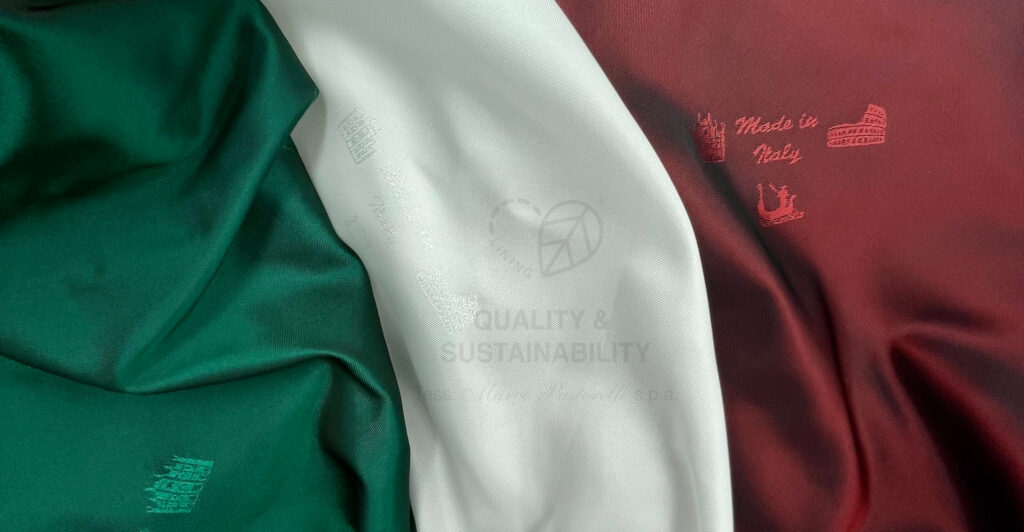
1. Tessitura is now onto the 4th generation of family management. Talk to us a little bit about the early days of the company, what was the focus of Tessitura Pastorelli back in in the 1940s?
The times were very different when Grandfather Marco and Uncle Carlo started. The Industrial Production of clothing was in its infancy, tailoring was in a production frenzy and sales were concentrated in the territory. Those early years made it immediately clear that in addition to selling a product, offering services was becoming increasingly important.
2. I’m curious to know how the design process has changed for Pastorelli. Today of course, we are moving into a much less formal, but more casual way of dressing also in the work world. What does this mean for Pastorelli who is focused on linings for more formalwear?
The last few years have been challenging in a number of different ways.
This change you mention has certainly had a major impact on our industry and the entire supply chain. The development of new items, the continuous connection with customers to increase their loyalty and the search for new business opportunities have allowed us to overcome this not so short period. Today’s fashion shows feature more outerwear, which stimulates us. Fortunately, fashion is constantly changing!
3. Despite these changes, I know the value of Made in Italy is something that’s been maintained throughout the years. Talk to us a little bit about what Made in Italy means for Tessitura Pastorelli.
Each nation has its own characteristics that make it unique. We have been fortunate and are committed to carrying on our family business in Italy.
We understand that the “Italian charm” is recognized and appreciated internationally at many levels. It is the bearer of cultural and social values of creativity, research, quality, and sustainability in their broadest terms. Setting your question in our daily life, I would add to these driving values also the fact that our supply chain is mostly on Italian soil. Except for raw materials that are now non-European. This choice allows us to control the various steps and intervene quickly.
Last but not least, the Italian Textile Supply Chain employs a large number of workers, allowing the creation of a fabric for growth on a social, economic, and cultural level, of which we are a proud part.
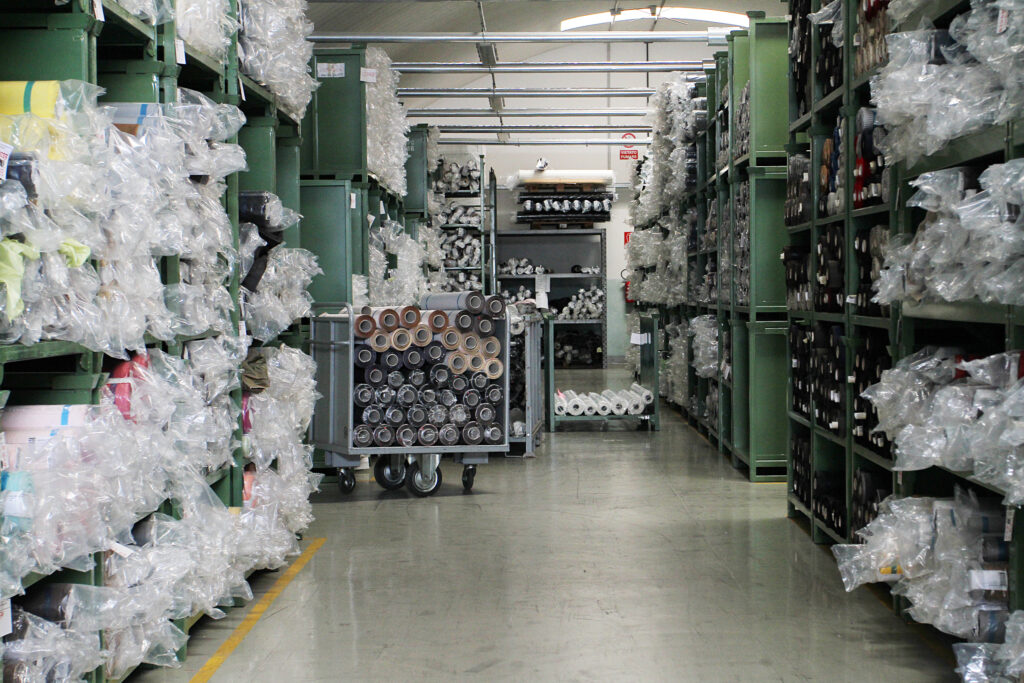
4. I know Tessitura Pastorelli works a lot overseas and with brands abroad, I can imagine Made in Italy is something very important for them?
It can be said that choosing a Made in Italy product is synonymous with quality, craftsmanship, creativity, uniqueness, and reliability. Through our daily efforts, we feel confident in stating that we identify ourselves in these characteristics and therefore strive to incorporate them into our products and at all levels of our company’s actions. It is clear that pursuing this business goal in Italy also implies well-informed financial choices.
Let’s not hide the fact that labor costs, energy costs, structural maintenance, compliance with stringent safety regulations, upcoming sustainability regulations, and taxation contribute to significantly different production costs compared to other countries renowned for textile production. Recognizing this difference means sharing a set of values and being an active participant in promoting a way of life based on respect.
5. Looking beyond Made In Italy, what are some of the values the company truly aims to represent in each of its pieces?
The daily inspiration that we have received from our parents and even earlier from our founders, Grandfather Marco and Uncle Carlo, is “serious and well-made.” These simple words encapsulate not only research, dedication, and quality but above all, passion, respect, teamwork, enthusiasm, and much more that we strive to convey to every customer who chooses our company and our products.
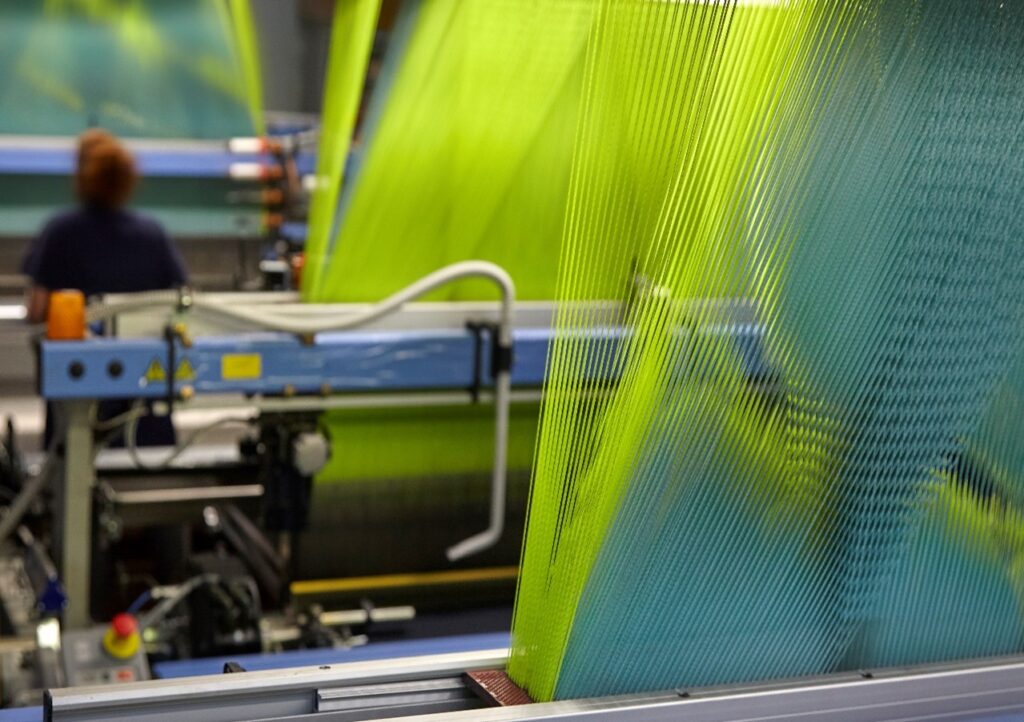
6. Made to measure is an important aspect of the company. How does this work? Can you talk to us about the experience for a fashion brand using your made to measure service?
Our “tailor-made” service stems from the pleasure and challenge of creating in partnership with the Customer what he or she wants: from the choice of raw materials, to color sampling, to packaging with quality control and finally shipping to multiple destinations around the world.
7. Despite staying true to its values and Made in Italy DNA, innovation has definitely taken place at Tessitura Pastorelli. Talk to us about some of the changes in the production processes the company has experienced.
Innovation is ‘a boundless and timeless thread.’ The birth of the production department dates back to 1961; today, we have 60 looms, both air and rapier, that produce plain fabrics, piece-dyed jacquard and yarn-dyed fabrics. Our investments have always been geared towards achieving the goal of improving the quality and sustainability of the fabrics we produce. This has also allowed us to shorten production times in an increasingly safer way.
Of great importance is the supply chain with which we have established historical and mutual trust relationships. Over time the constant elements have been research and innovation toward a shared purpose. Innovation is not limited to production alone; it is crucial in all aspects of business, from operational management to administrative updates to communication. Every day, new needs arise that stimulate research.
8. And what about technology? Has Tessitura begun to work in a more digital way with its clients? Is sampling in a digital way something that scares your clients or is it actually something they are beginning to demand?
We live in a world where what we once saw in science fiction movies is now part of our everyday reality. The digital world is an integral part of this evolution. We too have experimented, invested, and laid the foundations. However, today, customers still prefer to receive a fabric sample to fully appreciate all the characteristics that a digital sample is unable to convey.
9. We can’t talk about digitalization without talking about sustainability. Talk to us a little bit where the company stand in terms of sustainability and some of the practices you are implementing.
Our registered trademark ‘Quality & Sustainability’ encapsulates and communicates the modus operandi of the company which is based on values of unity, tenacity, and respect.
The product and process certifications we have obtained, such as OEKO-TEX, GOTS, FSC, and RCS, along with our participation in international initiatives like BCI and ZDHC, represent in our sector a clear commitment to offer a Made in Italy product that meets the needs of the market and the end consumer.
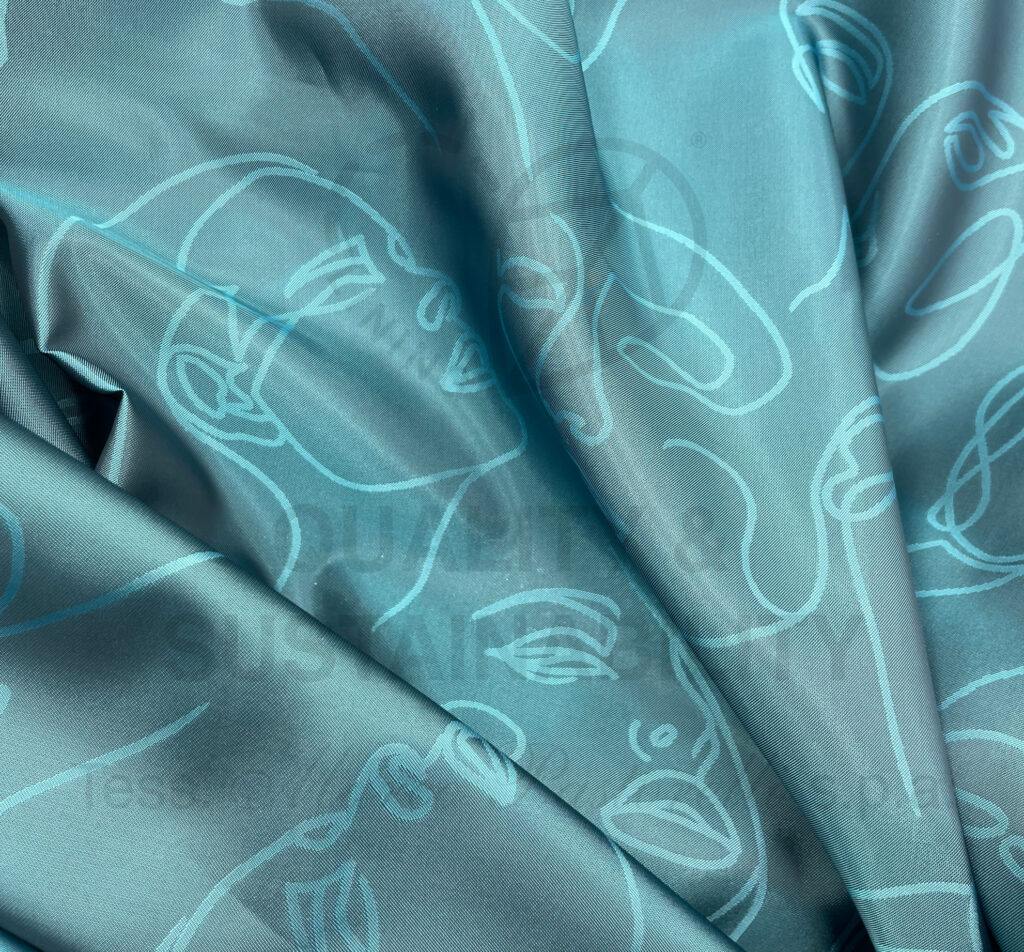
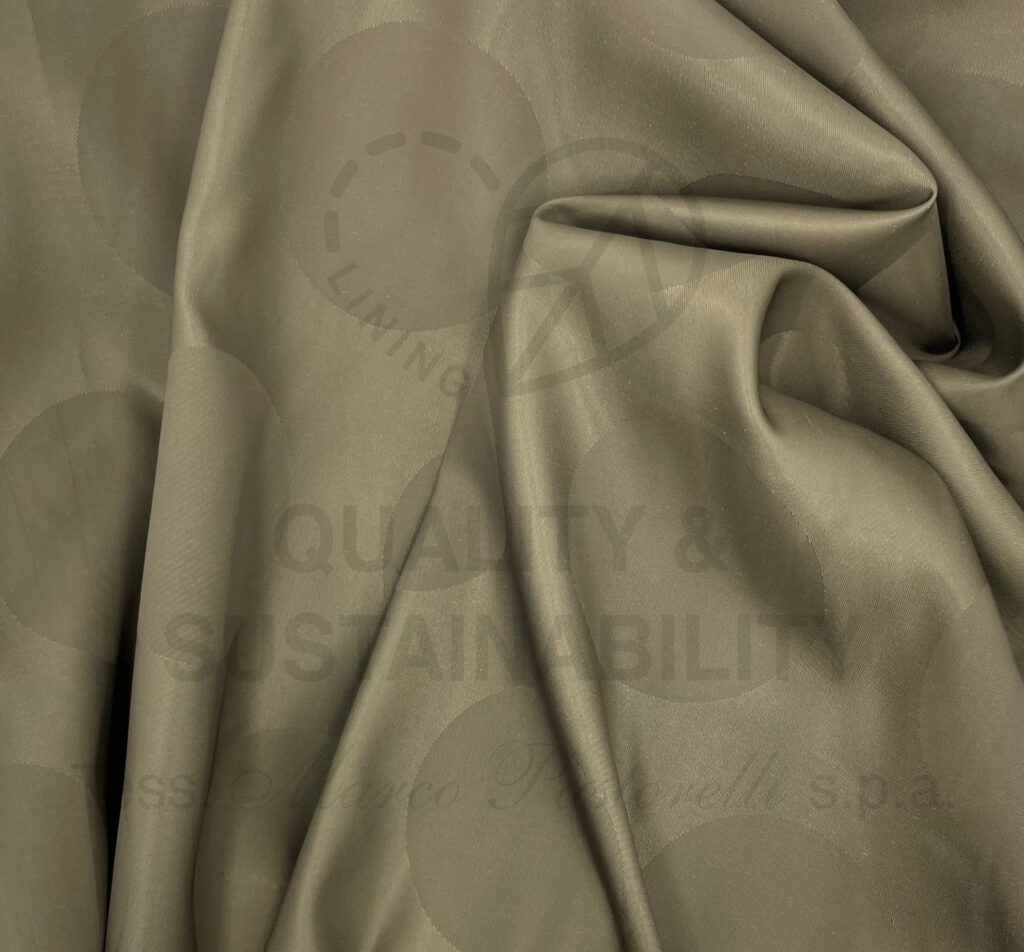
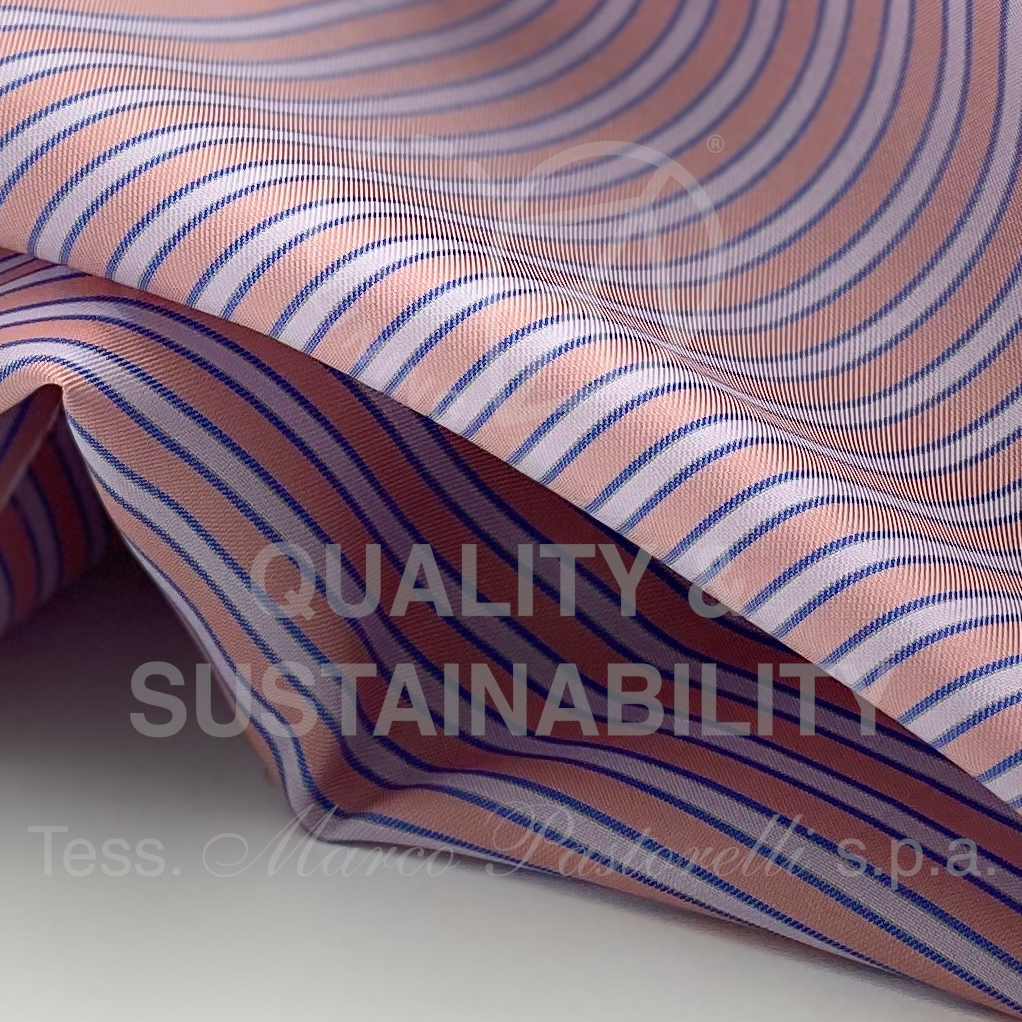
10. To close off, I am curious to know. What is Tessitura Pastorelli’s perspective on these new consumer trends being much more focused on sourcing sustainable. Are you experiencing this change firsthand with your clients?
As we mentioned earlier, today our customers increasingly demand sustainable and high-quality products made from ethically controlled supply chains that are consistently seeking social and environmental wellness. This represents a significant commitment and motivation for us towards the broad supply chain, which we can now say is truly global.
